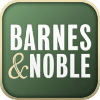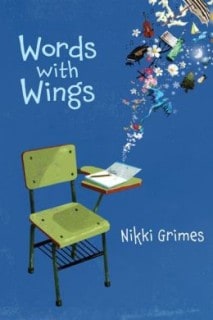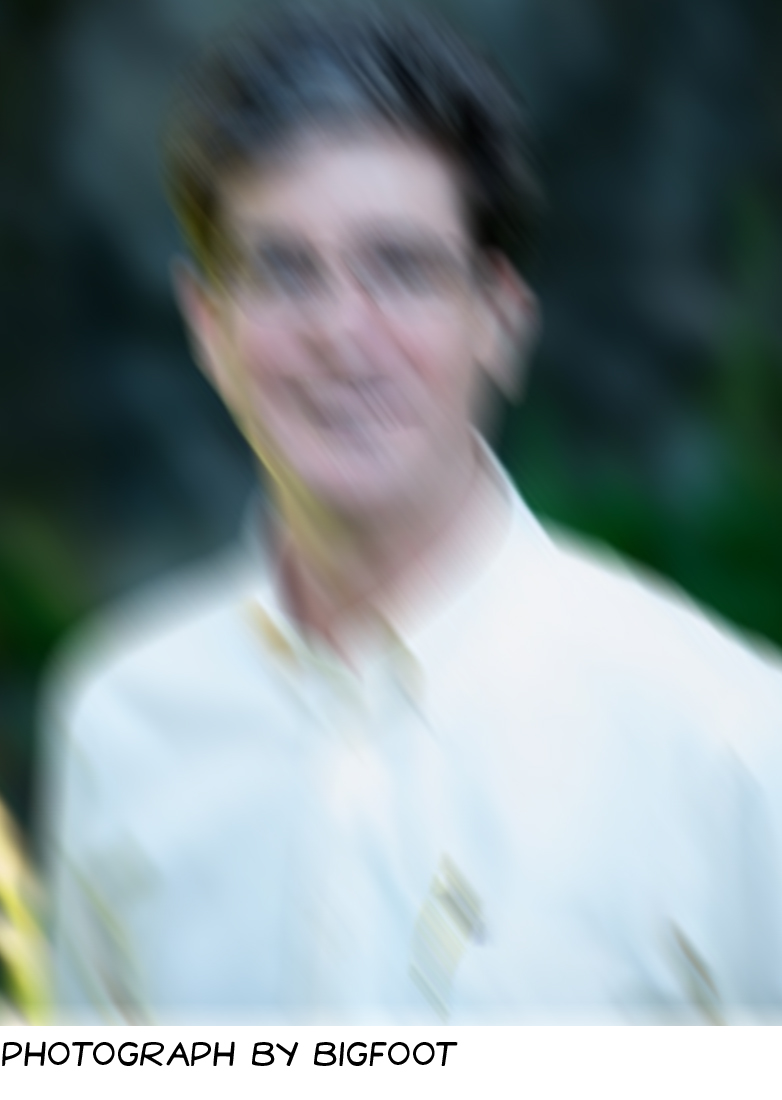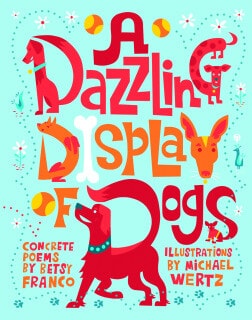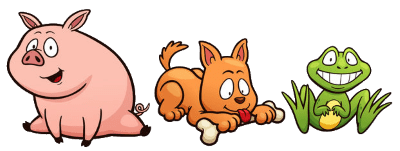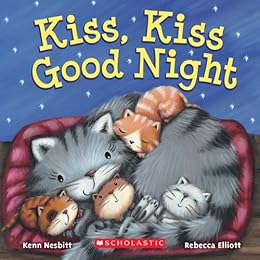
I’m pleased to announce my newest book, Kiss, Kiss Good Night is now available. This is my first book for babies and toddlers, and also my first bedtime book.
Kiss, Kiss Good Night is a large (9-inch square) “board book” with a soft, squishy cover, rounded corners, and sturdy, baby-proof pages, so your little one can hold the book and turn the pages safely without damaging it.
This charming bedtime book tells the story of how baby animals go to be each night. What happens when they need to rest their little heads? Their mothers tuck them into bed, of course! Read along as baby bunnies, lambs, chicks, kittens, and cubs settle down for a good night’s sleep while their mommies give them nuzzles, cuddles, and good-night kisses! A lulling, soothing bedtime poem perfect for getting little ones to settle down.
When baby bunnies go to bed,
Their mothers kiss them on the head.
Inside their burrows, warm and deep,
They close their eyes and fall alseep.
. . .
Sweet dreams!
Where to Buy

